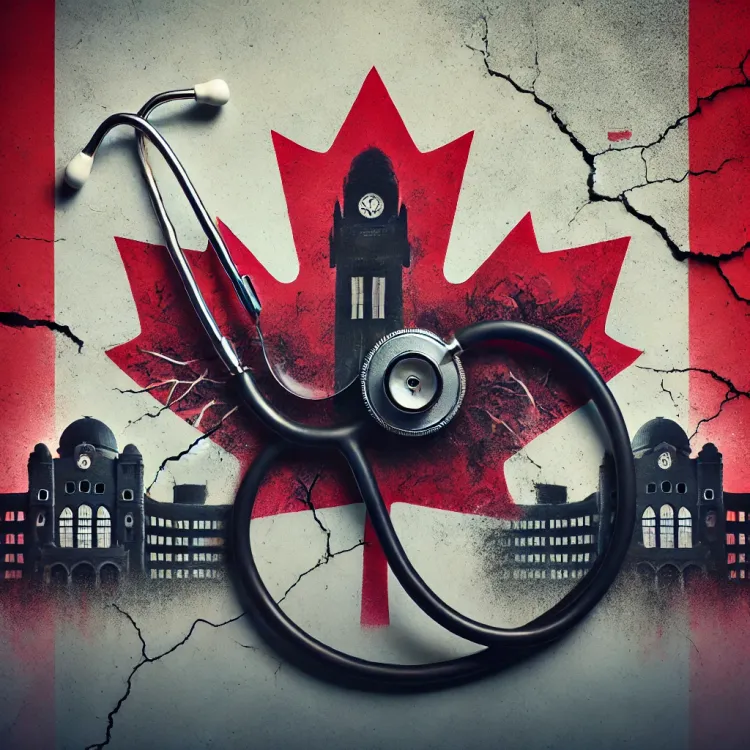Fast-Tracking Foreign-Trained Healthcare Professionals: A Solution to the Canadian Healthcare Workforce Shortage

The Canadian healthcare system is considered one of the best in the world. However, in recent years, the country has been facing a shortage of healthcare professionals. This shortage has been attributed to various factors, including a growing and aging population, which both lead to increasing demand with resources not keeping up with that demand. One proposal to help address this issue is to fast-track certification of foreign-trained healthcare professionals.
Such fast-tracking would involve streamlining credential recognition, registration, and licensing. This would mean that foreign-trained healthcare professionals would not have to go through the same lengthy and costly process that Canadian-educated healthcare professionals undergo. Instead, they would be able to work in their field of expertise, with the same level of competency, and thus help to provide essential services to Canadians.
The benefits of fast-tracking foreign-trained healthcare professionals are numerous. First, it would increase the supply of these professionals in Canada, reducing the burden on the existing healthcare system. Second, it would increase the diversity of the healthcare workforce, which is important in a multicultural country like Canada. Third, it would reduce the cost of recruitment and training for new healthcare professionals. In addition to these benefits, fast-tracking foreign-trained healthcare professionals would also have a positive impact on the economy. Healthcare is one of the fastest-growing sectors in Canada, and by increasing the supply of healthcare professionals, the industry would be able to expand even further. This would create new job opportunities and stimulate economic growth.
However, fast-tracking foreign-trained healthcare professionals is not without its challenges. One of the biggest challenges is ensuring that the foreign-trained healthcare professionals meet the same standards as their Canadian-educated counterparts. This means that the foreign-trained healthcare professionals would have to undergo a rigorous assessment process to ensure that they have the necessary skills and knowledge.
Another challenge is the language barrier. Communication is an essential component of healthcare, and healthcare professionals must be able to communicate effectively with their patients. Therefore, foreign-trained healthcare professionals must have adequate language proficiency to provide quality healthcare services. To overcome these challenges, the government should invest in a comprehensive assessment process for foreign-trained healthcare professionals. This assessment process should include language proficiency testing, clinical skills assessment, and a review of educational credentials. The process should be transparent, fair, and efficient, and should be designed to ensure that only those healthcare professionals who meet the necessary standards are able to practice in Canada. The government should also invest in language training programs for foreign-trained healthcare professionals. These programs should be tailored to the specific needs of healthcare professionals and should focus on improving their language proficiency in medical terminology and communication skills.
In conclusion, fast-tracking foreign-trained healthcare professionals would help alleviate the shortage of these professionals in Canada, increasing the supply, creating new job opportunities, and stimulating economic growth. However, it must ensure that foreign-trained healthcare professionals meet the same standards as their Canadian-educated counterparts. With the right investment in assessment and language training, Canada can attract the best healthcare professionals from around the world and thus increase Canadian access to quality healthcare.


